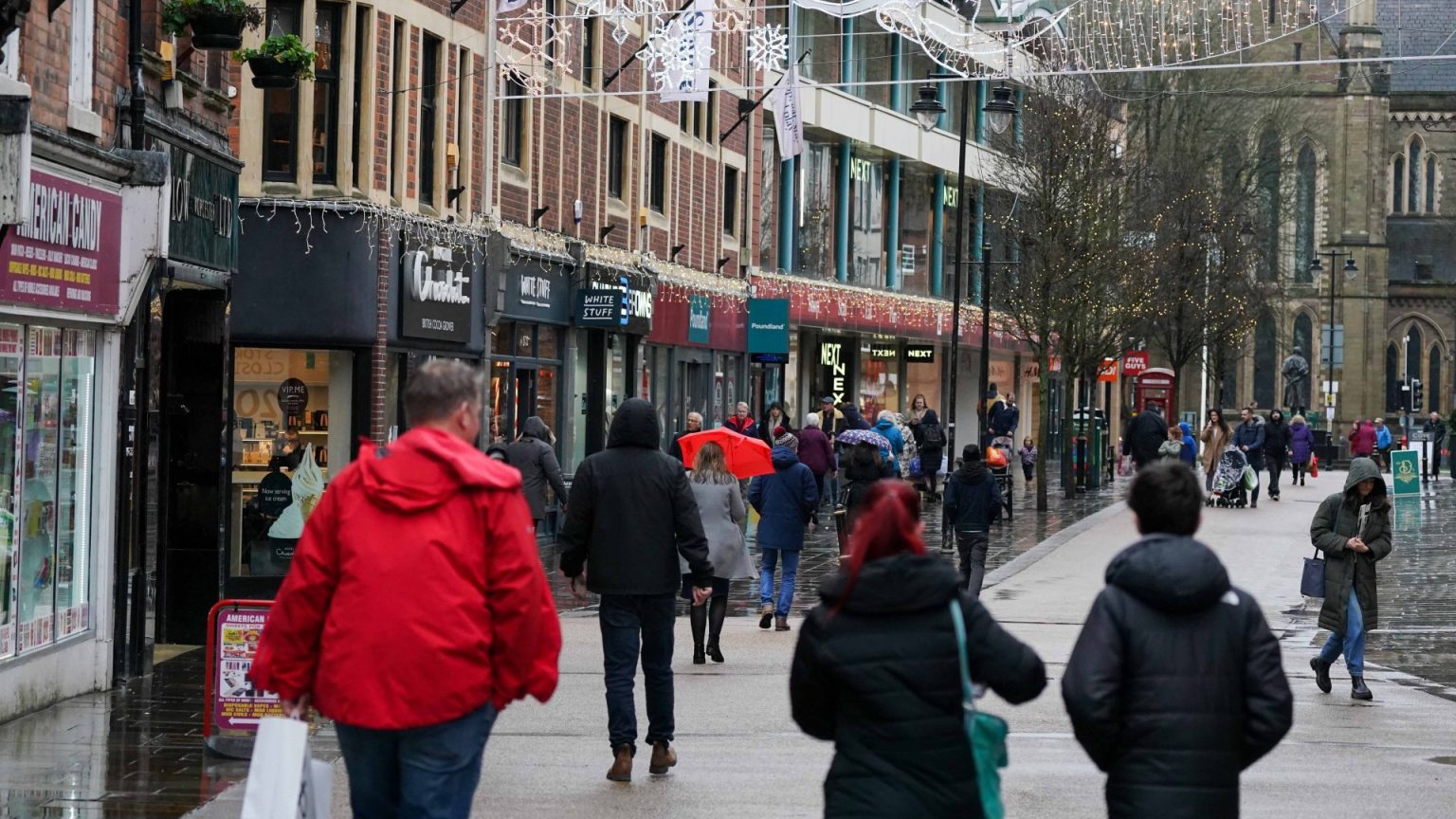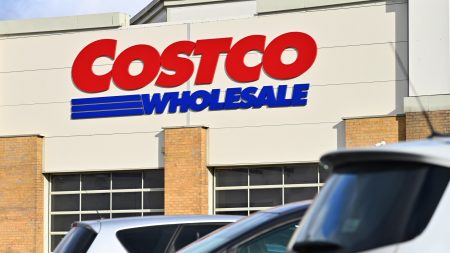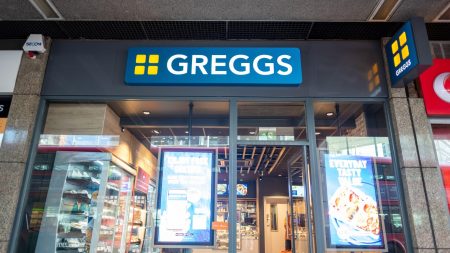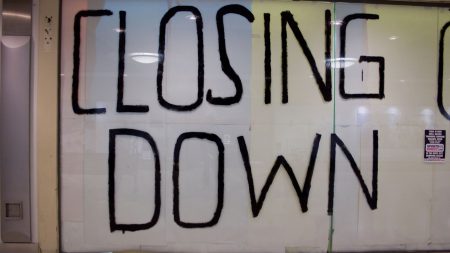Iceland’s Strategic Store Closures and Expansion Plans
Iceland, a major UK supermarket chain, recently closed two stores, one in Borehamwood and another in Exeter, as part of a broader strategic shift in its retail operations. While these closures may appear concerning for shoppers in the affected areas, they represent a calculated move by Iceland to optimize its store portfolio and adapt to evolving market dynamics. The company has explicitly stated its intention to open 20 new Iceland and Food Warehouse stores across the UK in the upcoming financial year, suggesting a focus on growth and expansion despite these closures. This indicates a strategy focused on relocating and upgrading stores to better serve customer needs and improve overall profitability.
The Borehamwood closure was attributed to the store’s underperformance and the availability of alternative Iceland locations for customers in nearby Barnet. Employees affected by the closure were offered opportunities at other Iceland locations, mitigating the impact on staff. The Exeter closure, similarly, occurred in a location where Iceland operates other stores, and some Iceland products will continue to be available through a partnership with The Range, another retailer in the same retail park. Reports indicate that Aldi will be taking over the space vacated by Iceland in Exeter, suggesting a competitive market dynamic at play. Iceland’s proactive communication about these closures and its commitment to staff transitions demonstrates a responsible approach to managing its retail footprint.
The closure of retail stores, particularly in high street locations, is a recurring theme in the current retail landscape. The rise of online shopping, increasing staff costs, and shifting consumer preferences towards retail parks contribute to this trend. Retailers are increasingly seeking locations with free and convenient parking, a factor that often favors retail parks over traditional high streets. Successful retailers are adapting by relocating from underperforming high street locations to thriving retail parks and focusing on larger, more efficient store formats. This strategy has proven effective for some, with examples like Next and Marks & Spencer demonstrating significant sales increases after relocating to retail park locations.
Iceland’s closures are not isolated incidents, but part of a broader wave of store closures affecting various retailers. The Body Shop, WHSmith, and Starbucks are all examples of companies that have recently announced store closures, highlighting the ongoing challenges faced by brick-and-mortar retailers. The reasons for these closures vary, but often include factors like underperformance, lease expirations, and broader company restructuring. While some closures are due to financial difficulties or bankruptcies, like those seen with Wilko, Debenhams, and Topshop, in Iceland’s case the closures are part of an active strategy to optimize its store portfolio.
Despite the closures, Iceland’s broader strategy includes a significant expansion plan. The retailer is actively seeking up to 250 new locations for its Food Warehouse format, a larger store concept primarily situated in retail parks. This ambitious expansion plan signals a focus on growth and a belief in the viability of the Food Warehouse model. Iceland is targeting locations in various cities across the UK, including Crawley, Brighton, Salisbury, Dundee, and suburban areas of major metropolitan areas like London, Manchester, Glasgow, and Newcastle. This strategic expansion demonstrates Iceland’s confidence in the future of its business and its commitment to adapting to changing market conditions.
Iceland’s strategic maneuverings, encompassing both store closures and an aggressive expansion plan for its Food Warehouse brand, exemplifies a proactive response to the evolving retail landscape. While the closures may impact some consumers in specific localities, they align with a larger strategy focused on optimizing store locations and formats to enhance profitability. The company’s commitment to opening new stores underscores its long-term growth ambitions. The shift towards retail parks and larger store formats such as the Food Warehouse model reflects a calculated response to consumer preferences and the competitive retail environment. This dynamic approach to store management positions Iceland to navigate the challenges and capitalize on opportunities within the evolving retail sector.











